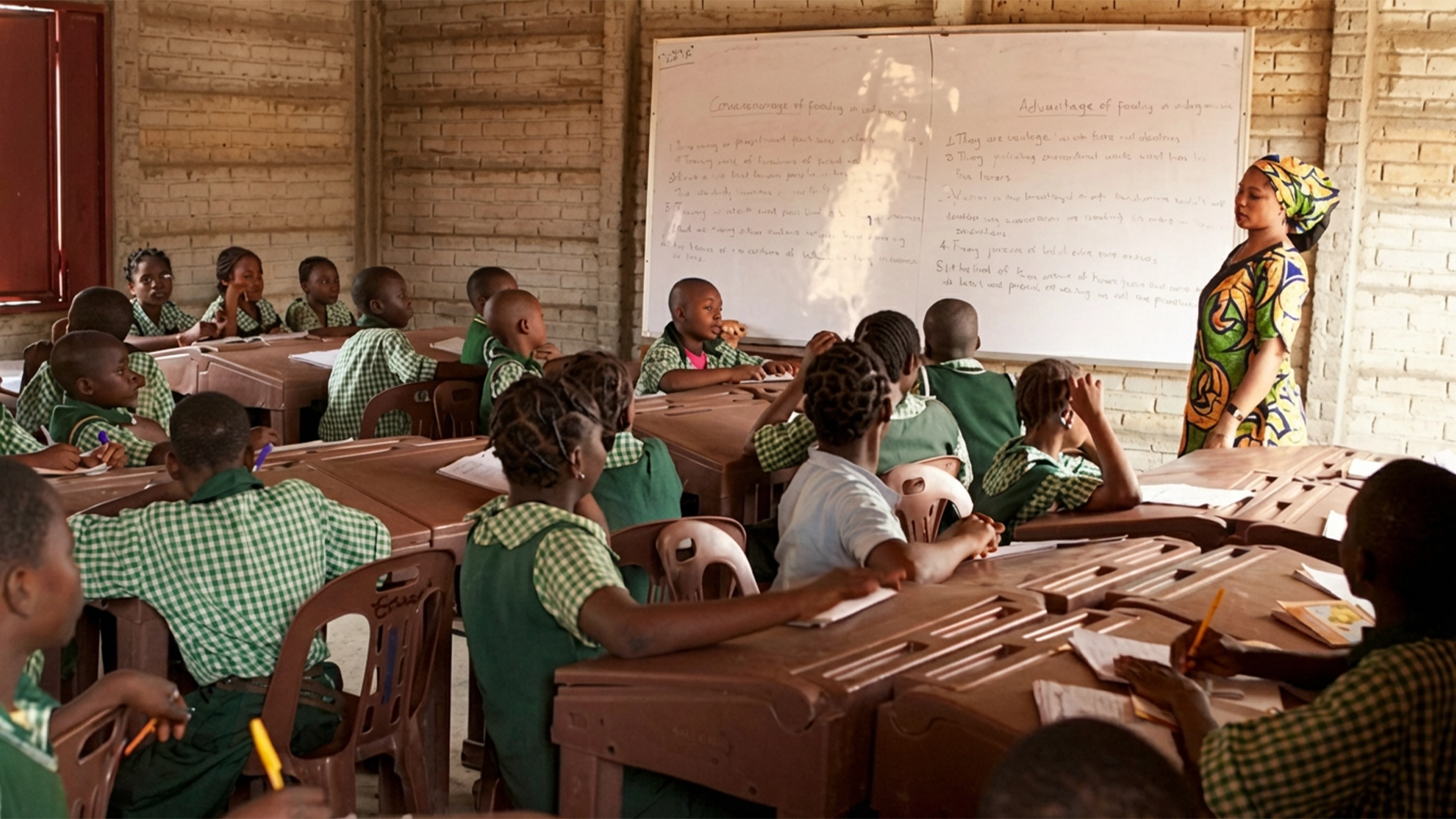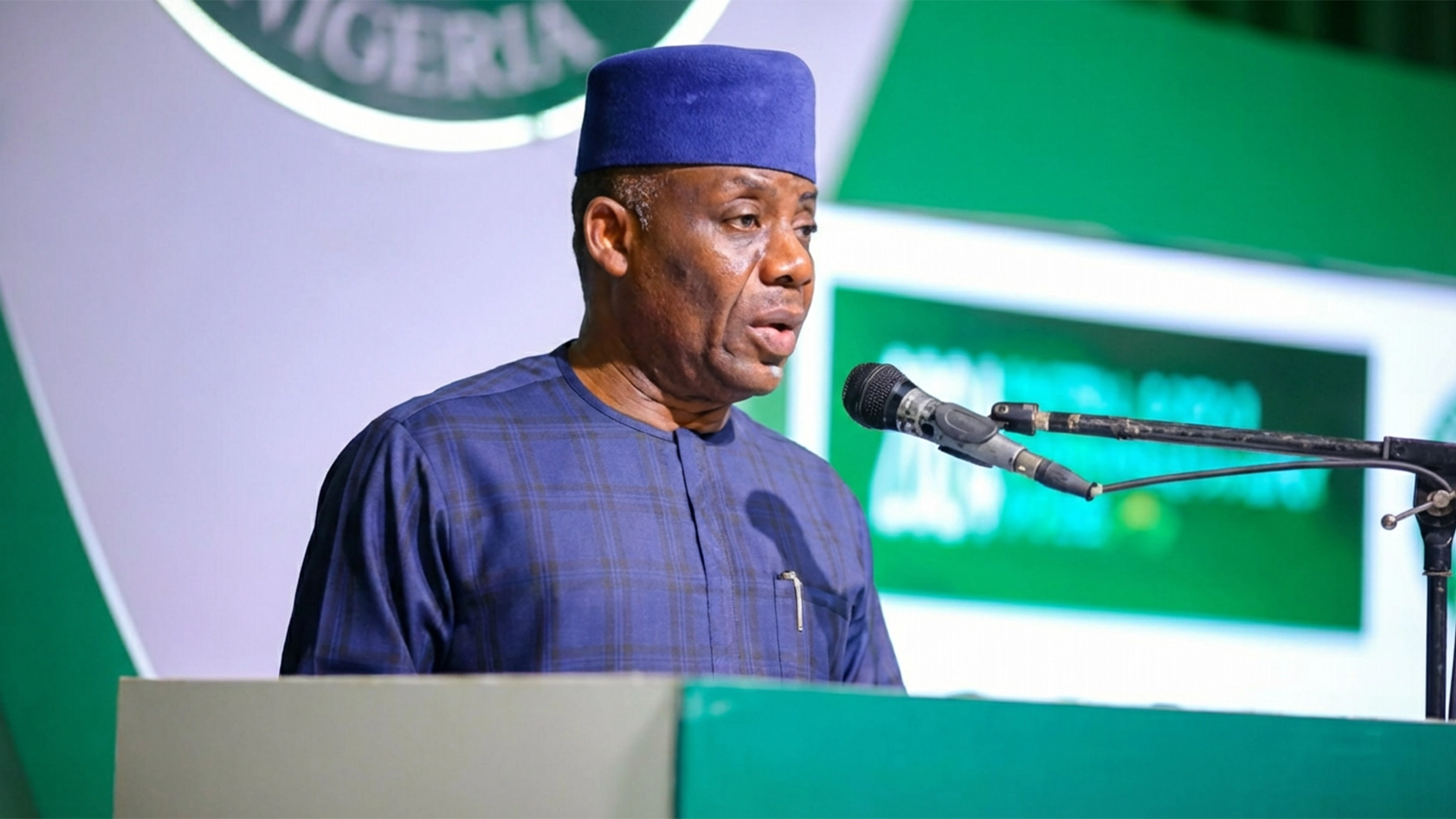
At the Commonwealth Heads of Government Meeting (CHOGM) 2024 which took place in Apia, Samoa, from October 21 to 26, 2024, the United Kingdom reiterated its earlier stance that it would neither tender an apology nor make amends for the colonial crimes committed by Britain during the colonial period. About 56 Commonwealth leaders and global experts from businesses and the private sector participated in CHOGM, which was held in a Pacific Small Island Developing State for the first time.
World leaders attending the meeting had hoped that Prince Charles would use his address as an opportunity to offer an apology and discuss ways of pursuing reparatory justice for Britain’s wrongful past. However, their hopes were dashed when Prince Charles stated that, even though he acknowledged the “painful aspects” of Britain’s past, the UK would neither apologize nor pursue justice for its colonial misdeeds.
This hardline stance by Britain is an insult to Africa. Why should Britain refuse to offer a simple apology or make amends for its monumental misdeeds during the colonial period, especially when Commonwealth leaders are advocating for mutual understanding and frameworks for unity and peace within the Commonwealth? There can be no unity and peace without justice. Unity and peace flourish where justice is served. Britain cannot deny Africa justice and still champion unity and peace.
It is noteworthy that European colonialism systematically impoverished Africa. Britain exploited and expropriated Africa’s natural resources, raw materials, and human capital. The British colonial authorities stole Africa’s most valuable resources and artifacts, sometimes in exchange for trivial items like mirrors or sugar. To this day, parts of the British Royal Palace are still adorned with artifacts taken by British colonialists from the ancient Benin Empire. Britain has, in fact, returned some of these stolen artifacts to Benin City, Nigeria.
Perhaps the most tragic aspect of British colonialism was the transatlantic enslavement of Africans. With the collusion of unscrupulous traditional African leaders, millions of Africans were forcibly trafficked to the West Indies and other places to work on sugar plantations. Other enslaved Africans were sent to their masters’ households, where they were subjected to unspeakable inhumane treatment. This economic exploitation and enslavement has stunted African development to this day. The legacy of slavery and colonialism has contributed to racial inequality and discrimination that still affect African and Afro-descendant communities.
Therefore, the consistent calls for the UK to apologize for its colonial misdeeds and to enact justice are rational and justified. An official apology serves as a formal recognition of the brutal suppression of revolts, forced relocation, and widespread exploitation suffered by African people. Recognizing this history honours the dignity of those who endured these hardships. Sincere apologies can facilitate reconciliation and demonstrate a genuine commitment to rebuilding respectful relationships with former colonies.
While we agree with Prince Charles that the past is irreversible and that an apology won’t erase it, an apology is often seen as a crucial step toward building a future that acknowledges and seeks to redress historical wrongs. Apologies from former colonial powers reflect an acceptance of responsibility.
Apologising also signals the need for justice and equity, reinforcing international principles of human rights. It can spark discussions on restitution, compensation, and policies that could help rectify some of the lingering inequalities. This is why nations like Germany and Belgium have issued apologies or acknowledged historical wrongs in Namibia and Congo, respectively, setting precedents for how former colonial powers can approach their legacies. Former French President Jacques Chirac played a significant role in discussing the return of African artifacts taken during the colonial period. During his presidency (1995–2007), he acknowledged the need for African countries to have access to their cultural heritage.
This led to a broader discussion about restitution, although the actual return of artifacts gained significant momentum later. In 2017, President Emmanuel Macron formally pledged to return African artifacts to their countries of origin, including Benin. In 2021, France returned 26 artifacts known as the “Abomey Treasures” to Benin. These artifacts had been taken from the Kingdom of Dahomey (now part of Benin) by French colonial forces in the 19th century.
In an era when nations are being called upon to reckon with their colonial pasts, Britain’s refusal to apologize and make amends for past wrongs testifies to its resistance to accountability and social justice. This refusal impacts Britain’s reputation as a proponent of human rights and justice, making it appear hypocritical on the world stage. Britain’s refusal to apologize has costs both internationally and domestically, straining relationships, undermining its reputation, and perpetuating lingering resentment in former colonies. By refusing to take this step, Britain risks long-term consequences that affect its influence, partnerships, and ability to engage meaningfully in a globalized, interconnected world that values historical accountability.
Considering all this, Britain’s refusal to apologize or make amends is an afterthought. Faced with increasing calls to repatriate stolen artifacts, Britain has returned some items looted by British forces in 1897 during a punitive expedition that led to the ransacking of the Kingdom of Benin, in present-day Nigeria. These artifacts, which include plaques, sculptures, and ceremonial items, were taken to Britain and distributed to various museums and private collections worldwide. This decision is part of a broader movement in which museums and collectors worldwide acknowledge the historical injustices associated with colonial looting and take steps toward reparative actions by returning cultural heritage to its rightful communities.
The irony is that many African countries are yet to be completely free from various forms of neo-colonialism: paternalistic imperialism, political imperialism, economic imperialism, and cultural imperialism. Despite gaining political independence, many African states remain heavily influenced by their former colonial masters through certain policies, governance practices, and the need to request loans from the World Bank, International Monetary Fund (IMF), and Bretton Woods institutions, which often come with strong strings attached. This reliance creates an environment where European countries (and now other global powers like China and the U.S.) can exert influence over African political and economic systems, effectively continuing a form of control reminiscent of colonialism.
However, this shouldn’t encourage any sense of Afro-pessimism. Despite the seemingly irreversible challenges facing Africa, it will rise again to occupy its rightful position in the world. To achieve this, Eurocentrism should give way to Afrocentrism. African leaders should embrace a strong rule of law, free press, independent judiciary systems, anti-corruption agencies, and strong accountability mechanisms. These are foundational for resisting external pressures, ensuring that power remains with the people rather than foreigners or neocolonialists.






